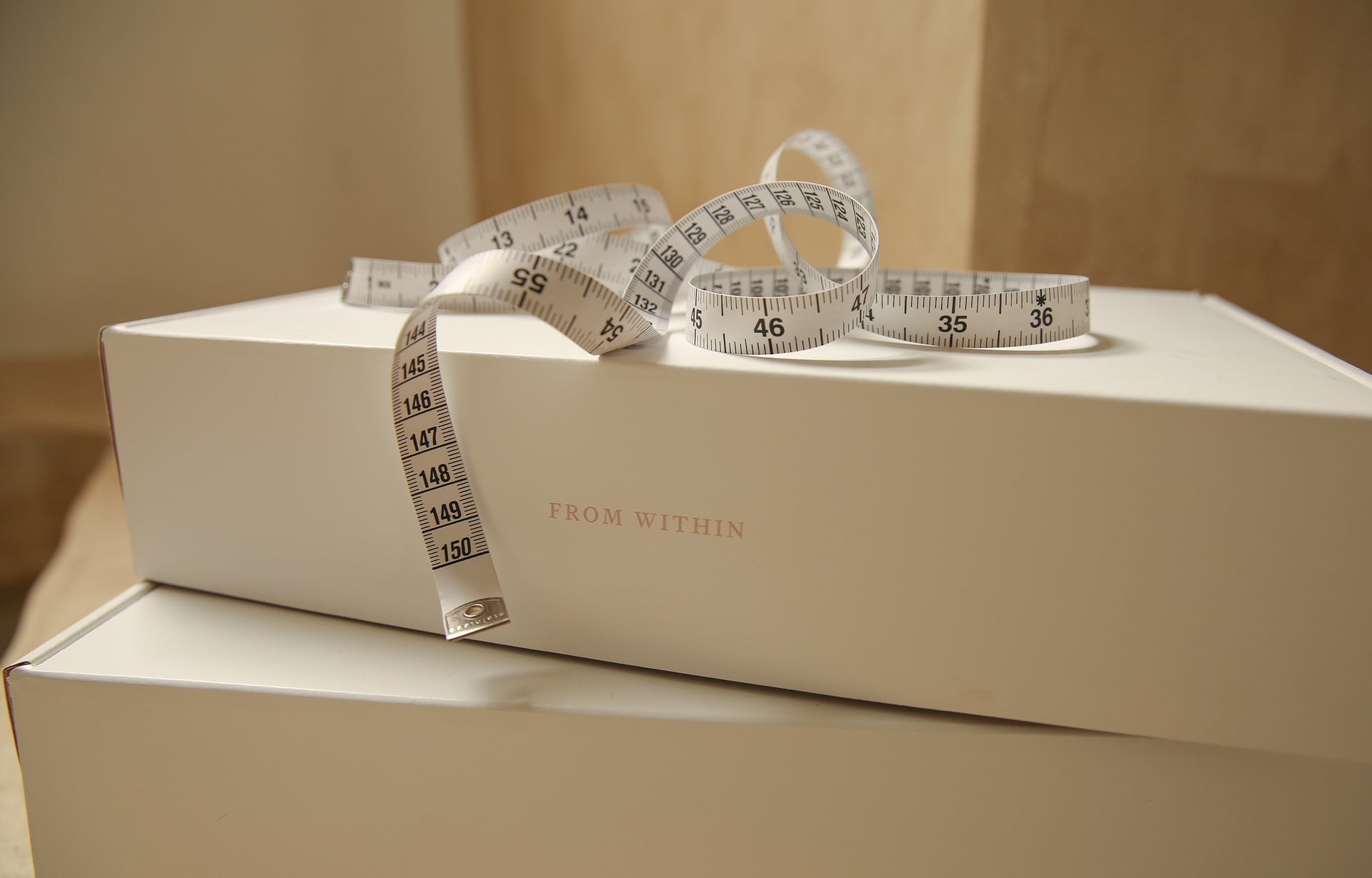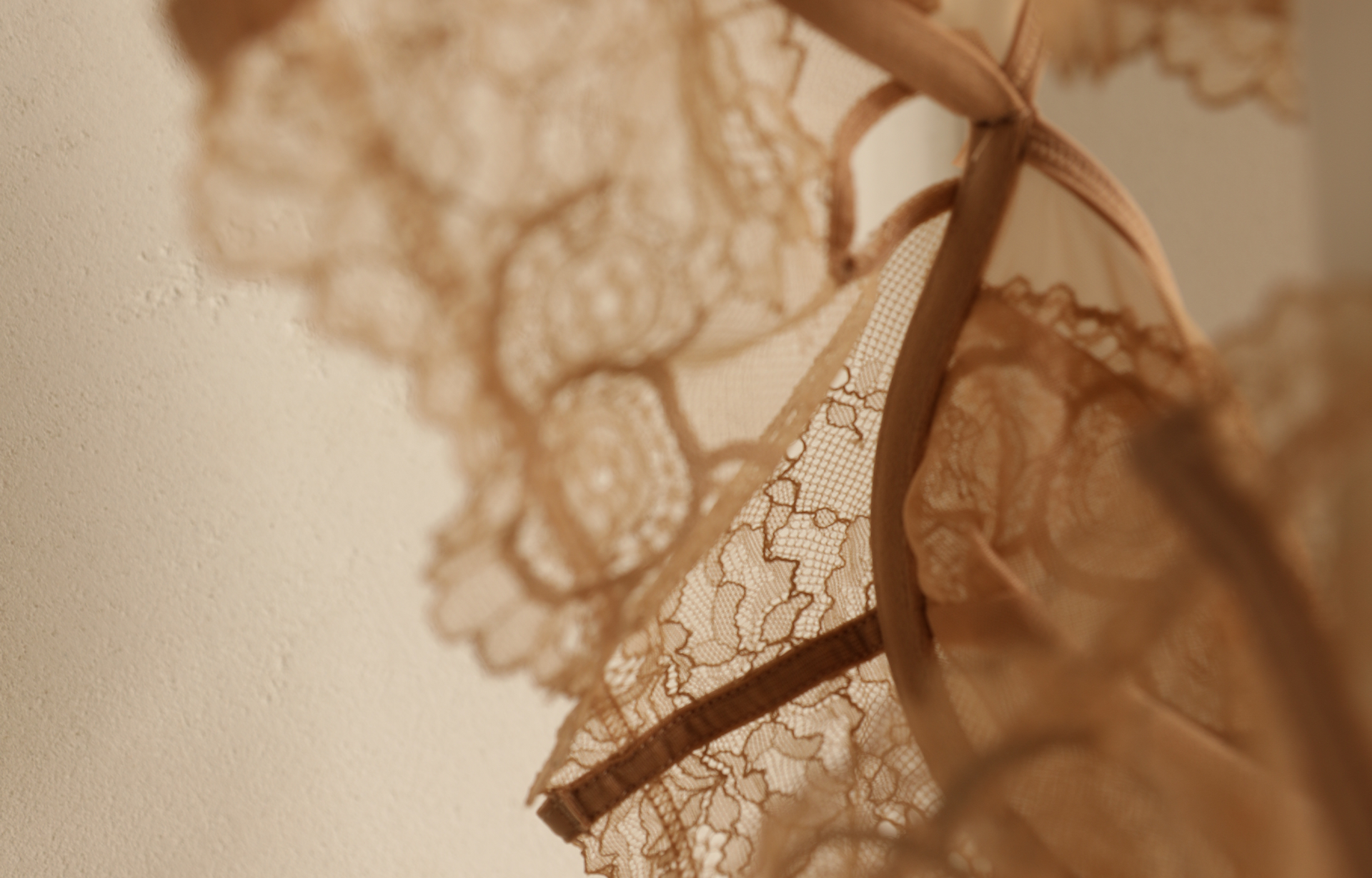Every Fit Counts
Violence against women and children is a widespread problem, but with gender equality education it can be understood and subsequently prevented. For this reason, Intimo have actively worked beside and supported various change-making organisations over the past 10 years in a collective effort to educate around men’s violence against women and children, donating over $100,000.
THE IMPACT
Violence against women and children can be called many different things and encompass varying forms – all serious and preventable. Key statistics collated by Australian domestic violence education and prevention organisation Our Watch indicate that on average, one woman a week is murdered by a current or former partner, and almost 10 women a day are hospitalised for assault injuries perpetrated by a spouse or domestic partner. Furthermore, 1 in 4 women (23%) have experienced physical or sexual violence by a current or former intimate partner since age 15, with 1 in 3 having known their male perpetrators. A staggering 53% - or 1 in 2 women – have experienced sexual harassment in their lifetime.
Sadly, the statistics of violence against women only increase at the intersectionality of disability, race and gender identity. Evidence indicates that women with disability are around two times more likely to have experienced sexual and intimate partner violence; 1 in 5 Aboriginal and Torres Strait Islander women aged 15+ have experienced physical violence in a 12-month period; and homo-, bi- and transphobia gendered drivers of violence resulting in lesbian, bisexual and trans women experiencing additional, unique forms of violence as a result of their gender identity and/or sexual orientation.
EVERY FIT COUNTS
An integral part of our Intimo Aware program, the Every Fit Counts campaign – now in its second year – is a charity and awareness initiative dedicated to education and awareness on violence against women and children. Aptly launching on International Women’s Day on March 8th, the Every Fit Counts campaign has a pay it forward focus; for every new client that is fitted throughout March, Intimo will donate $10 to our charity partners - Our Watch for fittings conducted in Australia, and Women’s Refuge for fittings conducted in New Zealand.
OUR CHOSEN CHARITY ORGANISATIONS
We are proud to have partnered with Our Watch as our Australian benefactor for Every Fit Counts. Our Watch is an organisation determined to pave the way toward a society free of gender inequality, discrimination, disadvantage, racism, ableism and homophobia by taking an intersectional approach, being active in providing public policy advice; delivering education resources in schools and workplaces; driving public conversations and creating campaigns to shift societal attitudes toward equality. Our Watch is passionate in their role of catalyst-of-change, a movement based on their core framework, which clarifies that gender inequality is the core of the problem and, therefore, must be the heart of the solution. Discover more about Our Watch here.
Our long-time charity partner in New Zealand is Women’s Refuge, the largest national organisation in New Zealand with a vision to liberate women and their children from family violence. Women’s Refuge provides active support services designed to respond to and prevent domestic violence situations and is also involved in social discussions on violence against women; the education space via guidance to implement sustainable workplace programs, and support for children embroiled in family violence through the provision of counselling and one-on-one support services. Discover more about Women’s Refuge here.
A FINAL WORD ON EVERY FIT COUNTS
Ultimately, the Every Fit Counts campaign was born to contribute to meaningful change in gender equality and actively support women and children already in need. Through a truly multi-faceted approach, the Every Fit Counts campaign aims to highlight the essential roles required at government, community, organisational and individual levels.

FAQs
The United Nations declaration of violence against women states, ‘Violence against women is any act of gender-based violence that causes or could cause physical, sexual or psychological harm or suffering to women, including threats of harm or coercion, in public or private life.’ In Australia, violence against women is called many different things, including domestic violence, family violence, intimate partner violence, coercive control, workplace sexual harassment, street harassment and sexual assault.
Start by asking: "Is everything okay? Do you need help at all?" Remember, the person may deny anything is wrong or be unwilling to talk – she may be threatened if she tells anyone. Be encouraging by letting her know you are there if she needs to speak, but do not force her to discuss. Privacy, confidentiality and trust are essential. Listen and believe without judgement.
DO:
- Let them know it’s not their fault, no matter what.
- Tell them they’re not alone and they don’t deserve abuse.
- Give them space and time to make their own decisions.
- Refer them to helpful contacts and information.
DON'T:
- Tell them what you think they should do – it’s not your call, no matter how concerned you are. You may unwittingly compel them to do something unsafe or unwise.
- Offer to approach their partner or do it without their knowledge.
- Judge by telling them to work harder at the relationship, shove problems under the rug, that they’re exaggerating, or to stay for the kids.
- Doubt them by saying things like “Surely you’re imagining or misunderstanding what he said…”
- On average, one woman is murdered by her current or former partner a week.
- 1 in 3 women (31.1%) has experienced physical and/or sexual violence perpetrated by a man they know.
- Almost ten women a day are hospitalised for assault injuries perpetrated by a spouse or domestic partner.
- 1 in 4 women (23%) has experienced physical or sexual violence by a current or former intimate partner since age 15.
- Our Watch
- Women’s Refuge
- Australian Department of Human Services
- Domestic Violence Resource Centre Victoria
- White Ribbon
- It’s Not Ok
- National Network of Stopping Violence
- Shine – Making Homes Violence-Free
- Domestic or family violence is a leading driver of homelessness for women.
- Women who experience partner violence during pregnancy are three times as likely to experience depression.
- Based on a 2015 analysis, violence against women in Australia is costing Australia $21.7 billion each year.
- In the 2018-2019 period, Aboriginal and Torres Strait Islander women had 29 times the hospitalisation rate for non-fatal family violence assaults when compared with non-Indigenous women.
AUSTRALIA
Emergency 000 for police or ambulance
Domestic Violence Confidential Helpline 1800 737 732
Lifeline 13 11 14
Kids Helpline 1800 55 1800
Mensline 1300 78 99 78
VICTORIA
Women’s Domestic Violence Crisis Service 1800 015 188
(Freecall 24 hours a day, 7 days a week)
Family Life
03 9598 2133 familylife.com.au
QUEENSLAND
DVConnect
1800 811 811
(Freecall 24 hours a day, 7 days a week) dvconnect.org
ACT
Domestic Violence Crisis Service (24hr) 02 6280 0900
NEW SOUTH WALES
The Benevolent Society Centre for Women’s Health 1800 077 760
New South Wales Domestic Violence Line 1800 656 463
(Freecall 24 hours a day, 7 days a week)
SOUTH AUSTRALIA
Domestic Violence
Help Line
1800 800 098
(Freecall 24 hours a day, 7 days a week)
TASMANIA
Domestic Violence Crisis Service
1800 633 937 (Freecall)
WESTERN AUSTRALIA
Women’s Domestic Violence Helpline
(Freecall 24 hours a day, 7 days a week)
NORTHERN TERRITORY
Crisis Line
1800 019 116
(Freecall 24 hours a day, 7 days a week)
NEW ZEALAND
Emergency 111
Shine Toll-Free Helpline 0508 744 633 2shine.org.nz
Women’s Refuge
Free Crisis line 0800 REFUGE or 0800 733 843
Aside from the obvious physical bruises or wounds, these are some signs that someone may be suffering from domestic violence:
- Unusual clothing, e.g. long-sleeved or high neck tops are worn often or even in warm weather to hide marks.
- Frequent absence from work.
- Being easily distracted.
- Often worried about time.
- Pre-occupied with frequent personal phone calls.
- Showing emotional distress or vulnerability by crying easily.
If you’ve visited online resources relating to domestic violence and getting help, it’s best to delete your browser history to minimise the risk of harm. Follow these steps or use an independent computer at your local library, Internet café or a friend/family member’s house.
Internet Explorer:
Tools>Internet Options>General>History>Clear History
Safari:
History>Clear History
Chrome:
Chrome>Clear Browsing Data
If your email browser on your laptop/desktop or mail app on your phone isn’t secured with a password, it can be accessed by just a click. Create a secure account via Gmail or Yahoo! that requires a login every time. If you’re receiving abusive emails, retain them as you may require evidence in the future.
